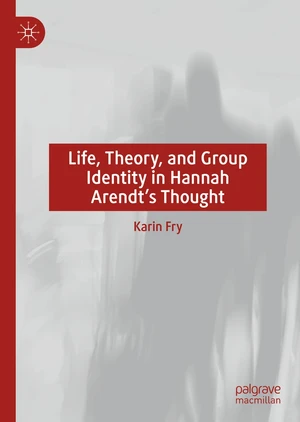Philosophy typically ignores biographical, historical, and cultural aspects of theorissâ lives in an attempt to take a supposedly abstract and objective view of their work. This book makes some new conclusions about Arendtâs theory by emphasizing how her experience of the world as displayed in her archival materials impacted her thought. Some aspects of Arendtâs life have been examined in detail before, including the fact she was stateless as well as her affair with Heidegger. Instead, this work explores different topics including the biographical and narrative moments of Arendt's own work, the role of archiving in her thought, pivotal events that have not been archived, her understanding of her own identities, and how it affected the role of identity politics in her work. Typically, group action is underemphasized in Arendt scholarship in comparison to individual action and often identity politics questions are considered to lie within the realm of the private. Although Arendtâs theory is problematic when discussing issues concerning identity politics, she did think identity politics could be public and political and that effective political actions may occur within groups. What makes this project unique are the innovative conclusions made by moving the archival and biographical evidence to the center in order to understand her theory more accurately and within its historical and cultural context. This volume will be of interest to professional scholars in Arendtâs work, but also to those who have a more general interest in her life and theory.
Price history
Sep 14, 2022
€111.41

